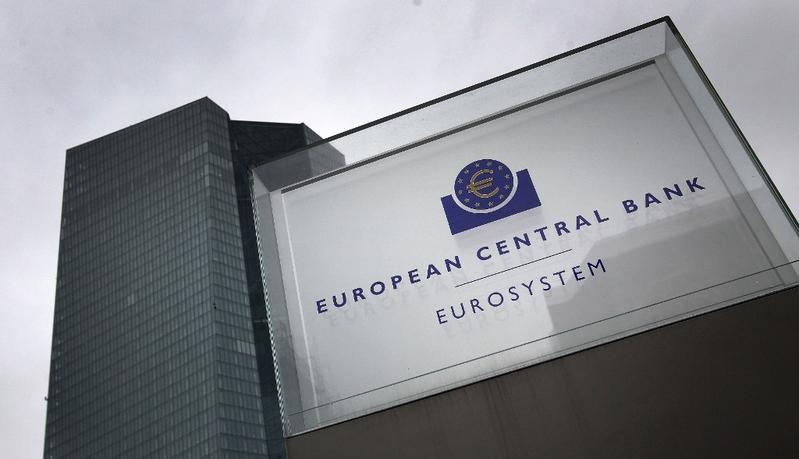 The headquarters of the European Central Bank (ECB) is pictured in Frankfurt am Main, western Germany, on March 12, 2020. (DANIEL ROLAND / AFP)
The headquarters of the European Central Bank (ECB) is pictured in Frankfurt am Main, western Germany, on March 12, 2020. (DANIEL ROLAND / AFP)
ROME - Italy's Prime Minister Giuseppe Conte said the independence of the European Central Bank is key to the foundations of the European Union and no constitutional court should decide what it can do, in an interview published on Wednesday.
He spoke after Germany's highest court gave the European Central Bank three months to justify bond purchases under its flagship stimulus Public Sector Purchase Programme (PSPP) or lose the Bundesbank as a participant.
It is not up to any constitutional court to decide what the ECB can or cannot do. Its independence is the fulcrum of the European treaties, which are recognized by Germany too.
Giuseppe Conte, Italian prime minister
"It is not up to any constitutional court to decide what the ECB can or cannot do. Its independence is the fulcrum of the European treaties, which are recognized by Germany too," Conte told newspaper Il Fatto Quotidiano in an interview.
"I find it out of place for a national court, although a constitutional one, to ask the ECB to justify its purchases. It cannot interfere in these initiatives," he added.
The ECB's separate 750 billion euro (US$813.70 billion) scheme, approved last month to prop up the coronavirus-stricken euro area economy, remained unaffected, as the Constitutional Court said its decision did not apply to that.
ALSO READ: ECB to print 1 trillion euro this year to stem coronavirus rout
Conte said Italy did not need the European Stability Mechanism (ESM) but it would be hard for the new European Recovery Fund, built to help countries recover from the coronavirus pandemic, to take off before the summer.
Economy Minister Roberto Gualtieri said on Tuesday he was confident at least 100 billion euros would be made available to Italy through the fund.
The premier said his coalition government would approve by the end of the week a 55 billion euro stimulus package to support the country, which has one of the highest COVID-19 death tolls in the world.
The ruling coalition already approved in March a 25 billion euro package to help the economy cope with the outbreak.
New measures will include tax breaks for renovations aimed at making homes more energy efficient, money for maintenance and public works to municipalities as well as a set of initiatives aimed at children for the summer months.
READ MORE: EU leaders agree on need, but not size, of virus recovery fund
Conte ruled out any plan to nationalize companies struggling after the coronavirus emergency but said the state could still take "a more active role" and directly finance firms in need.
He added that citizens had showed great responsibility and respect for rules after the government on Monday eased a few of the restrictions it had imposed nearly two months ago to contain the virus outbreak.
"This makes me hopeful that the epidemic's curve will be kept under control," Conte said.



